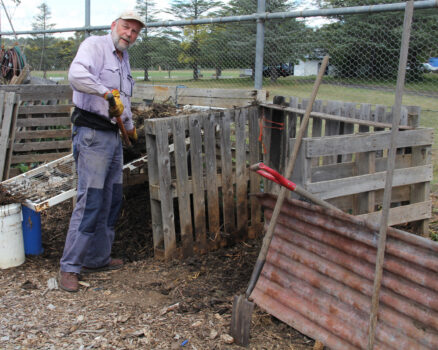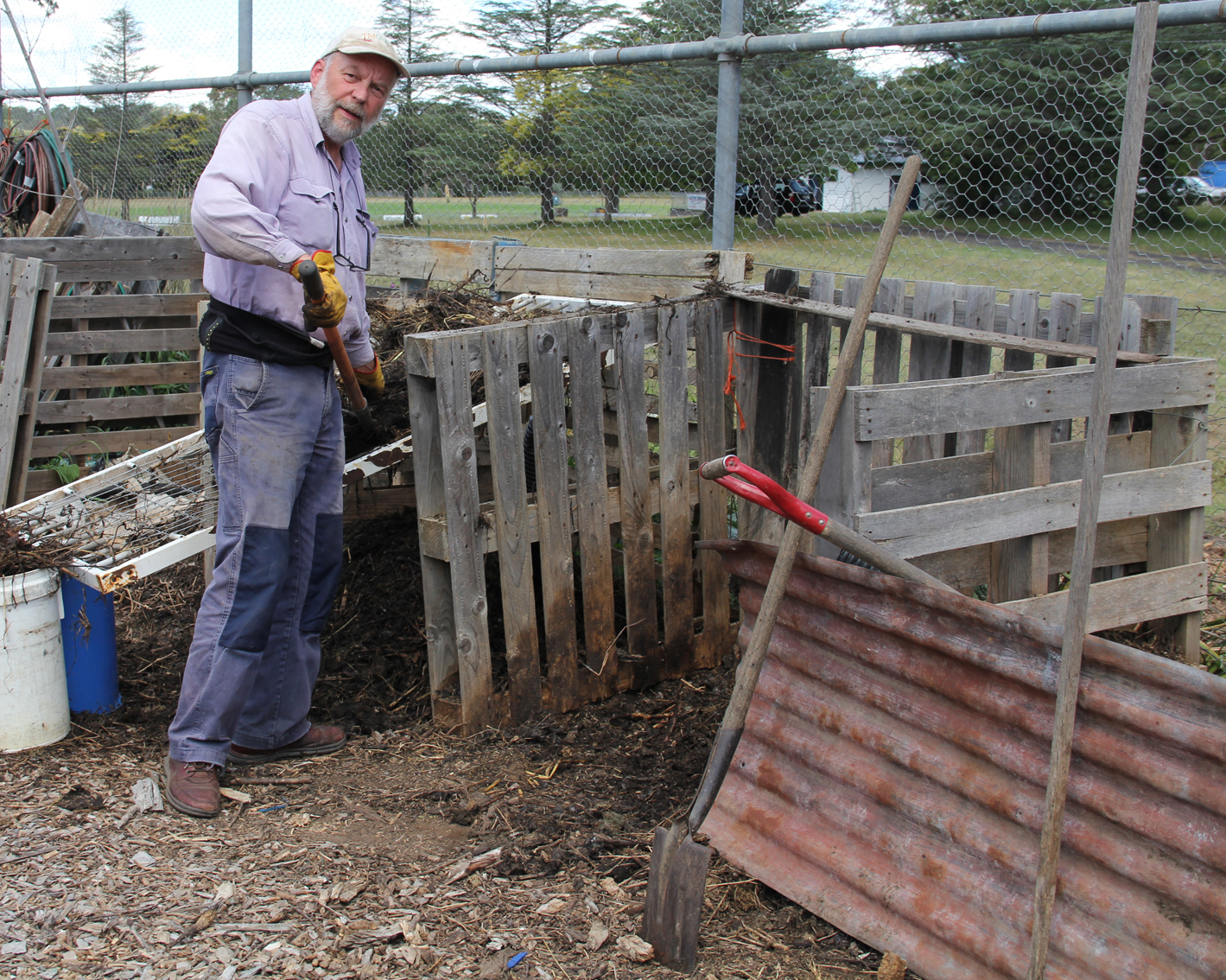 Compost is the ultimate plant food and soil amendment and the secret to healthy soil and healthy plants. Compost improves soil structure, protects plants from pests and diseases, builds soil fertility, and provides essential plant nutrients.
Compost is the ultimate plant food and soil amendment and the secret to healthy soil and healthy plants. Compost improves soil structure, protects plants from pests and diseases, builds soil fertility, and provides essential plant nutrients.
Soil with organic matter from compost absorbs rainfall or irrigation water quicker, preventing runoff, and stores water for longer. Compost and mulch reduce evaporation and retain moisture in the soil.
We hear a lot about reducing carbon emissions into the atmosphere but little about removing it from the atmosphere. While planting trees and other vegetation is the best way to do that, converting vegetation to organic matter via compost is an excellent way to maintain it in the soil for a long time (thousands of years).
Everyone with a small garden can make compost in an open heap or an enclosed bin, and Armidale has a curb side collection for garden and kitchen waste in the City to Soil program.
Some simple rules:
- Build the heap on soil so microorganisms and earthworms can move into the heap and escape back into the soil when the heap gets hot.
- Use the smallest particles possible by chipping woody waste or run a lawnmower over weeds to reduce particle size.
- Control the carbon-to nitrogen ratio. There is no need to be precise but as a general rule, actively growing, healthy plants will already contain a suitable C:N ration. If legumes or fresh animal manure are included, there will be sufficient nitrogen to mix in one-third carbonaceous materials, such as dry leaves or shredded paper.
- Use a variety of materials to ensure that there is a wide range of nutrients and to restrict the limiting effects of difficult materials. For instance, balance the tough structure and acidity of pine needles with softer material such as lawn clippings, kitchen waste, hay, horse manure and weeds.
- Make open heaps of one cubic metre or more so they get hot (heat kills disease organisms and weed seed).
- Let in air. Never jump or walk on the heap, as this forces out air. Turning an open heap reintroduces air. Turn the heap every week, or when it begins to cool, until the heap no longer reheats after turning. Then leave it to mature.
- If there isn’t enough material on hand, you can use a plastic compost bin or worm farm or feed the material to chickens, rabbits or guinea pigs and collect their manure and bedding for composing later.
By Tim Marshall
